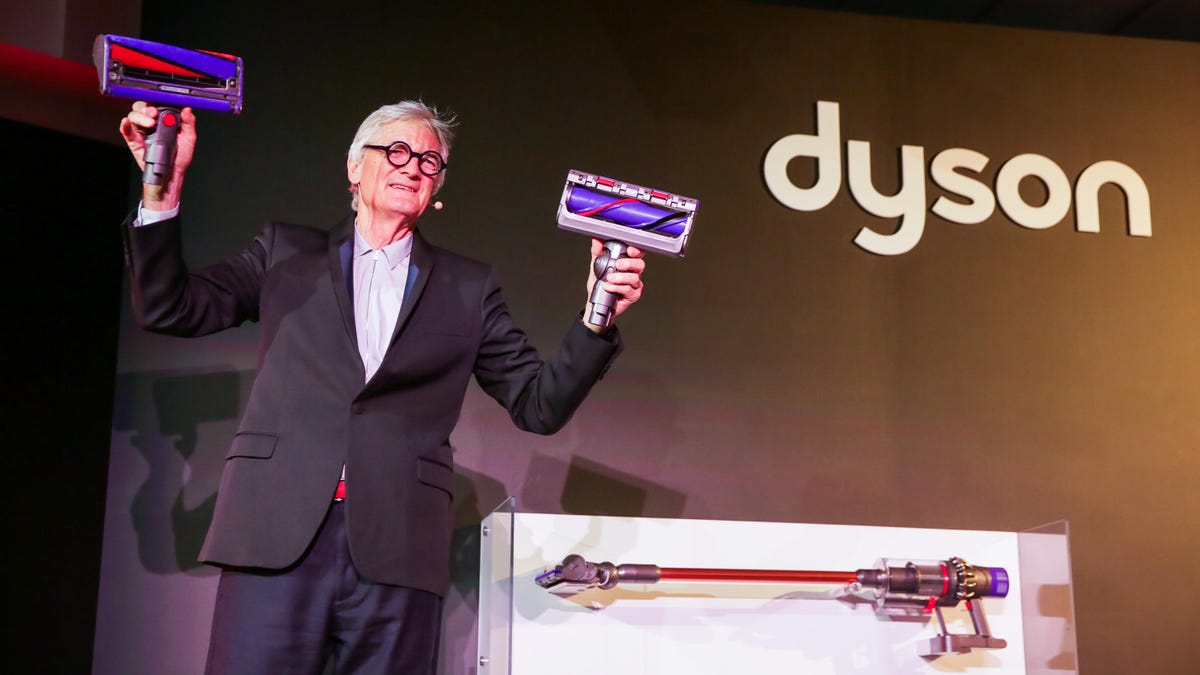Dyson will move its headquarters from the UK to Singapore ahead of Brexit
Founder James Dyson is in favor of the UK exiting the EU. But even with Brexit going ahead, his company is now leaving for Singapore.

James Dyson is a supporter of the UK leaving the EU.
It's long been the pride of the British tech industry, but appliance maker Dyson said Tuesday that it's relocating its headquarters from the UK to Singapore.
Best known for making vacuum cleaners and heating and cooling devices, Dyson is increasingly looking to move into producing electric vehicles. In October the company announced plans to build an EV manufacturing plant in Singapore, but now it appears a large proportion of its executive team and the whole of its head office is following suit.
In a press release in which Dyson said profit topped £1 billion ($1.3 billon) last year for the first time, the company described how an increasing number of its customers and all of its manufacturing operations are now based in Asia.
Dyson was criticized over the decision to relocate its head office out of the UK just two months before Brexit by British parliamentarians, including Labour MP David Lammy and Lib Dem MP Jamie Stone and Labour peer Andrew Adonis. Company founder and owner James Dyson has been outspoken in his support of the UK leaving the European Union. But even though Brexit appears to be going ahead, his company HQ won't be sticking around.
James Dyson told ministers to walk away from Brexit talks, but it is he who is walking away from Britain. A damning indictment of Brexit Britain from one of its leading proponents. I sincerely hope that no Dyson company jobs in Wiltshire + UK will be lost. https://t.co/vBUDyc8wKk
— Clare Moody MEP (@ClareMoodyMEP) January 22, 2019
James Dyson didn't offer comment on the move, but company CEO Jim Rowan said that Dyson is "responding to soaring demand for Dyson products across Asia." The company will continue to invest in its facilities across the UK (in Malmesbury -- the base for its current HQ -- as well as Bristol and London), it said. Dyson will also construct new laboratories for developing robotics and continuing its energy storage research.
CNET Magazine: Check out a sample of the stories in CNET's newsstand edition.
Tech Enabled: CNET chronicles tech's role in providing new kinds of accessibility.

